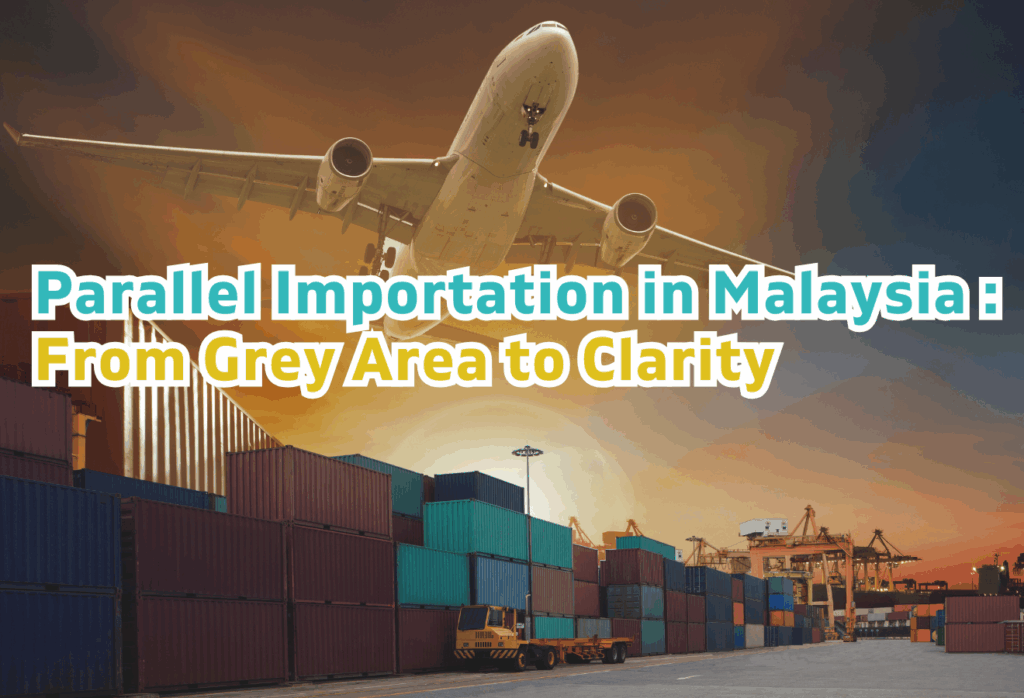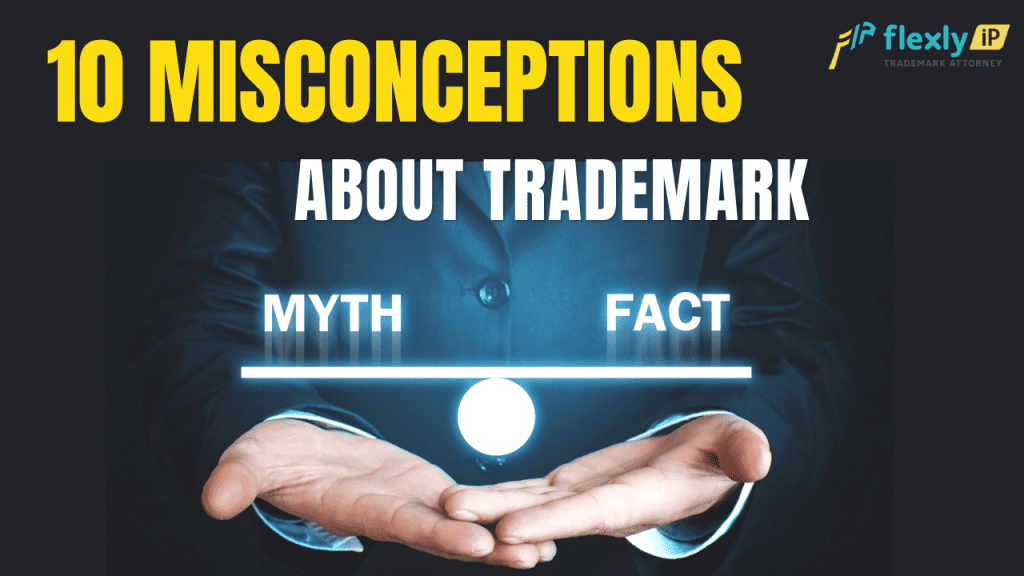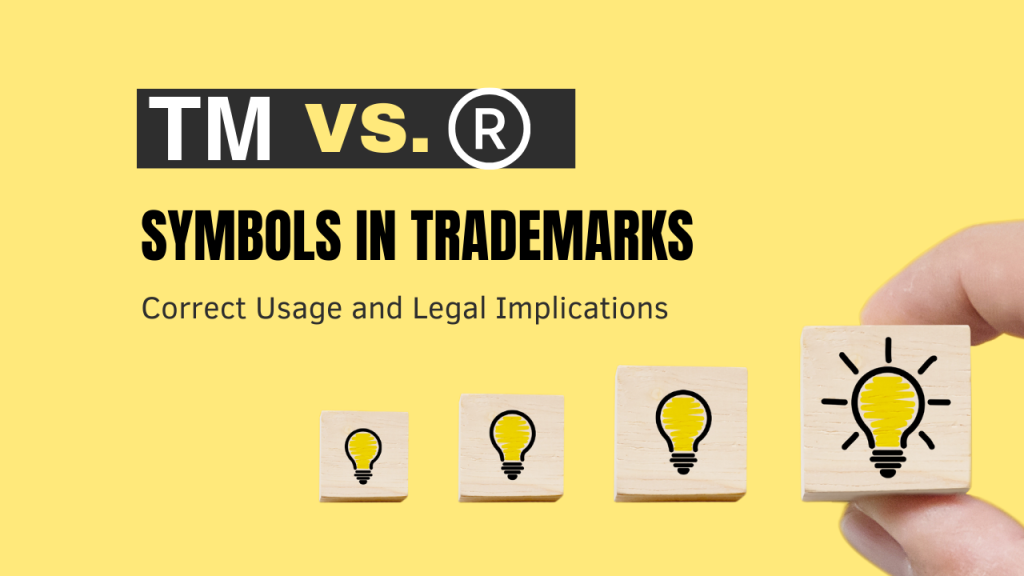Many businesses in Malaysia buy genuine branded goods from overseas and resell them locally, often at lower prices. This practice is called parallel importation or the grey market. It happens when genuine products are brought into Malaysia without the consent of the trademark owner. While the goods are authentic, the question remains: is importing branded goods from overseas legal in Malaysia? Recent court decisions and the Trade Marks Act 2019 have helped bring more clarity to this issue.
How Malaysia Law Views Parallel Imports
Under the old Trade Marks Act 1976, there were two possible defenses for parallel importers:
- Section 40(1)(d) – a defence if the trademark was applied to the goods by, or with the consent of, the proprietor.
- Section 40(1)(dd) – a broader defence that allowed importation if the goods were “connected in the course of trade” with the proprietor or registered user, even if there was no express consent. In other words, it widened the space for parallel importers by focusing on whether the goods were genuine and legitimately connected to the trademark owner, rather than requiring strict proof of consent.
However, the landscape changed with the introduction of the Trade Marks Act 2019. The new law kept the rule that parallel imports are permissible if the trademark owner has consented, whether expressly or impliedly (now found in Section 55(3)(c)). However, the new law did not keep the broader Section 40(1)(dd), which had previously allowed parallel imports where the trademark was legitimately applied.
In short, the shift from the 1976 Act to the 2019 Act means that consent has become the central deciding factor. Without it, even genuine products imported from abroad may amount to infringement.
The Landmark Guangzhou Case: A Turning Point
The Federal Court’s decision in Guangzhou Light Industry & Trade Group Ltd & Ors v. Lintas Superstore Sdn Bhd [2022] has become the landmark case clarifying Malaysia’s position on parallel imports. In this case, the imported goods were labelled “for sale in China only,” which created an explicit territorial restriction. The defendant argued that since the goods were genuine, parallel importation should be a defence.
However, the Federal Court ruled that parallel imports into Malaysia without the trademark owner’s consent constitute infringement under the current law. This decision shows that Malaysia is now moving from a “genuine goods” approach and leaning towards a “consent-based” approach. This makes it riskier for parallel importers who cannot prove that the trademark owner has, at least implicitly, agreed to the goods being sold in Malaysia.
Trademark Exhaustion
At the heart of the debate on parallel imports lies the doctrine of trademark exhaustion. Exhaustion determines whether a trademark owner’s rights are “exhausted” after the first sale of the goods.
- Under international exhaustion, once goods are placed on the market anywhere in the world by the trademark owner (or with consent), the owner cannot prevent their resale in another country.
- Under national exhaustion, rights are only exhausted within the country of first sale, meaning parallel imports can still be blocked.
Malaysia’s position, especially after the Guangzhou case, suggests that the courts favour a national exhaustion approach with a strong emphasis on consent. In other words, trademark rights are not exhausted simply because goods are genuine and sold abroad; explicit or implicit consent of the proprietor for sale in Malaysia is still required.
Conclusion
Parallel importation sits at the intersection of free trade and trademark protection. While the law in Malaysia provides some defense for importers, the courts have consistently upheld trademark owners’ rights where brand integrity and consumer protection are concerned. Businesses, whether brand owners or importers, should seek legal advice before engaging in parallel import activities, as the outcome often depends on the specific facts of the case and how the courts apply the principles of trademark law.
If you are unsure whether your business is at risk, our team at FLEXLY IP is here to help. Contact us today to schedule a consultation.
Contact Us
Facebook




